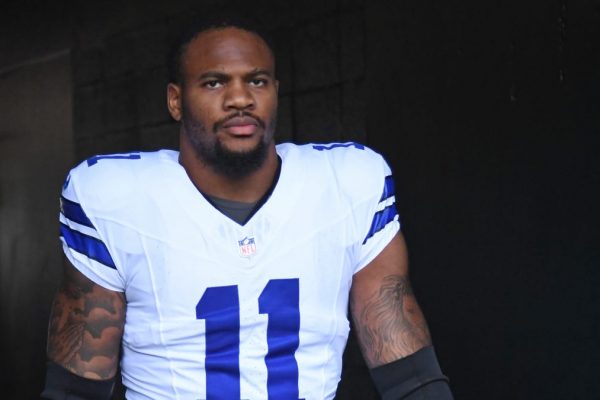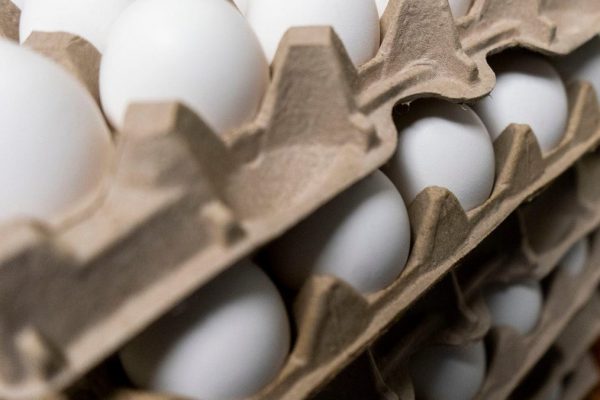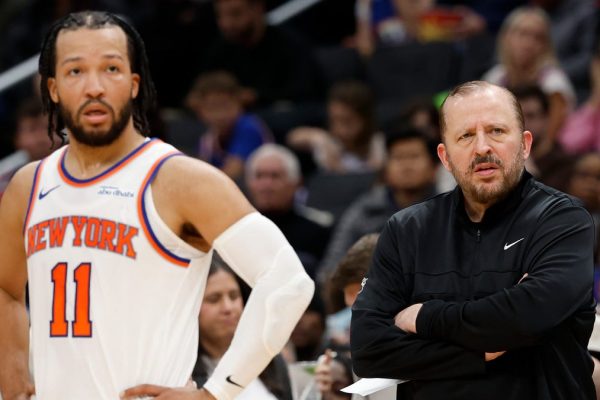
Micah Parsons says he will not skip Dallas Cowboys minicamp
Cowboys land star wideout George Pickens The Pittsburgh Steelers traded star wide receiver George Pickens…

Cowboys land star wideout George Pickens The Pittsburgh Steelers traded star wide receiver George Pickens to the Dallas Cowboys for a 2026 third-round pick. Sports Seriously The NFL offseason marches on as teams enter the second week of organized team activities (OTAs). After this week is through, teams will be back in action with the…

See this furry animal taking a dip in the ocean Florida beachgoers were shocked to spot a bear enjoying the waves in Naples. It’s summer, so anyone can use a beach day − including this black bear, captured on video taking a swim near a Florida shoreline. Kylie Nelson and her son were on the…

There’s a big Anker sale on Amazon that covers several well-regarded power banks and charging accessories. This includes the 737 portable laptop charger, which is just $88. That’s the best deal of the bunch, as the price represents a 41 percent discount. The 737 is a 24,000mAh charger that can juice up a laptop, but…

How to save time while grocery shopping Cut grocery shopping time in half with these tips. ProblemSolved, USA TODAY Retail egg prices have fallen, following declining wholesale prices after record highs earlier this year. The average retail egg price dropped to $5.12 a dozen, down more than a dollar from its March peak of $6.23,…

What you need to know about airport security rules and checkpoints Here are TSA rules that you need to know and what to expect at each airport checkpoint. Ellen Pompeo was detained by TSA for an hour due to organic sunflower seeds in her carry-on bag. TSA suspected a chemical on the packaging of the…

Tom Thibodeau did a fantastic job in New York, altering the way the Knicks are viewed as a team and franchise. He helped change the culture. But it wasn’t enough. New York Knicks move on from Tom Thibodeau and here’s why USA TODAY Sports’ Lorenzo Reyes explains why the Knicks chose to move on from…

West Hollywood Pride parade kicks off in colorful fashion West Hollywood held its annual pride parade in vibrant fashion. Matt Tolbert and his husband Joshua Gonzales knew they wanted kids for at least a decade. The New York thirtysomethings began their research into surrogacy and adoption and determined they’d need upwards of $100,000. “We didn’t…

NVIDIA releases a brand new video card and AMD follows up with a cheaper one. That’s basically been the cycle of the GPU industry for the last decade, with NVIDIA typically leading the pack and AMD rushing to keep up. But with the recent Radeon RX 9070 and 9070 XT, AMD finally found a winning…

Tour Disney’s private oasis at Castaway CayTravel

One of the most durable players in NFL history − though he was perhaps best known for an infamous blunder − has died. The Minnesota Vikings announced the passing of longtime defensive end Jim Marshall on Tuesday. A cause was not revealed, though the team said Marshall’s death came “following a lengthy hospitalization.” He was…